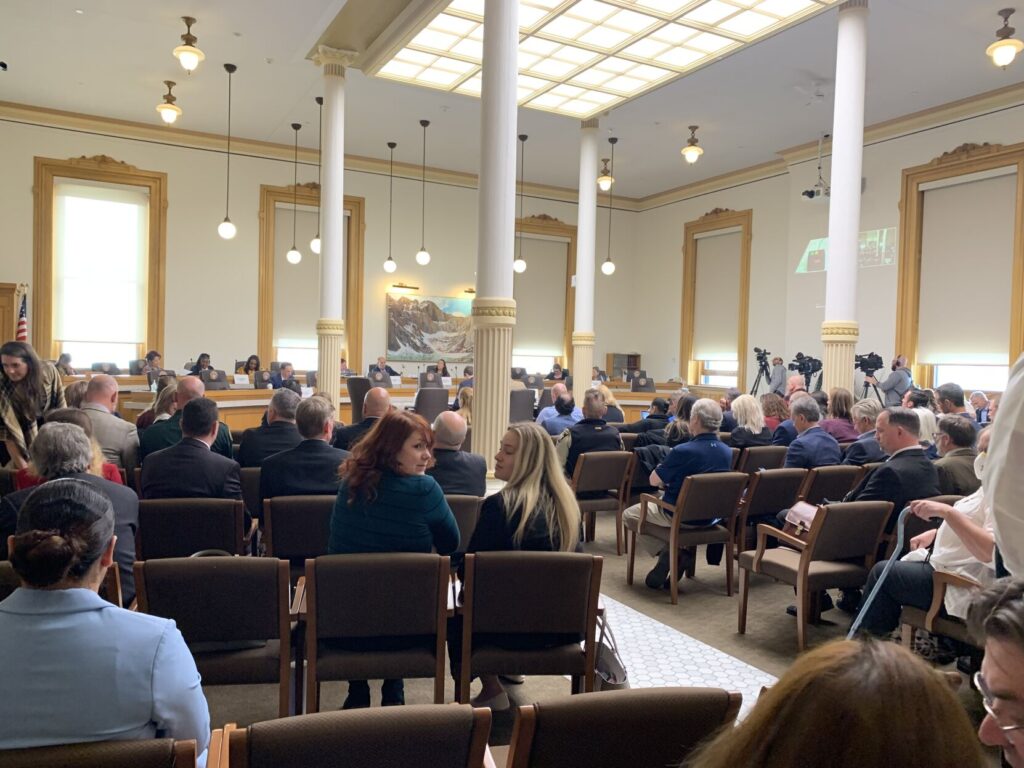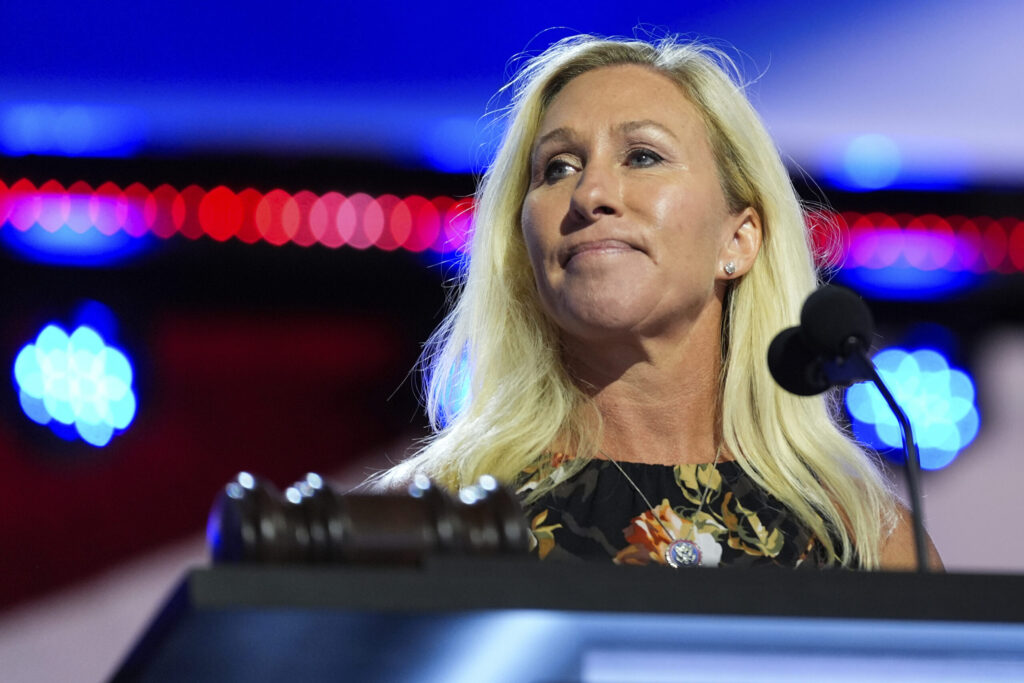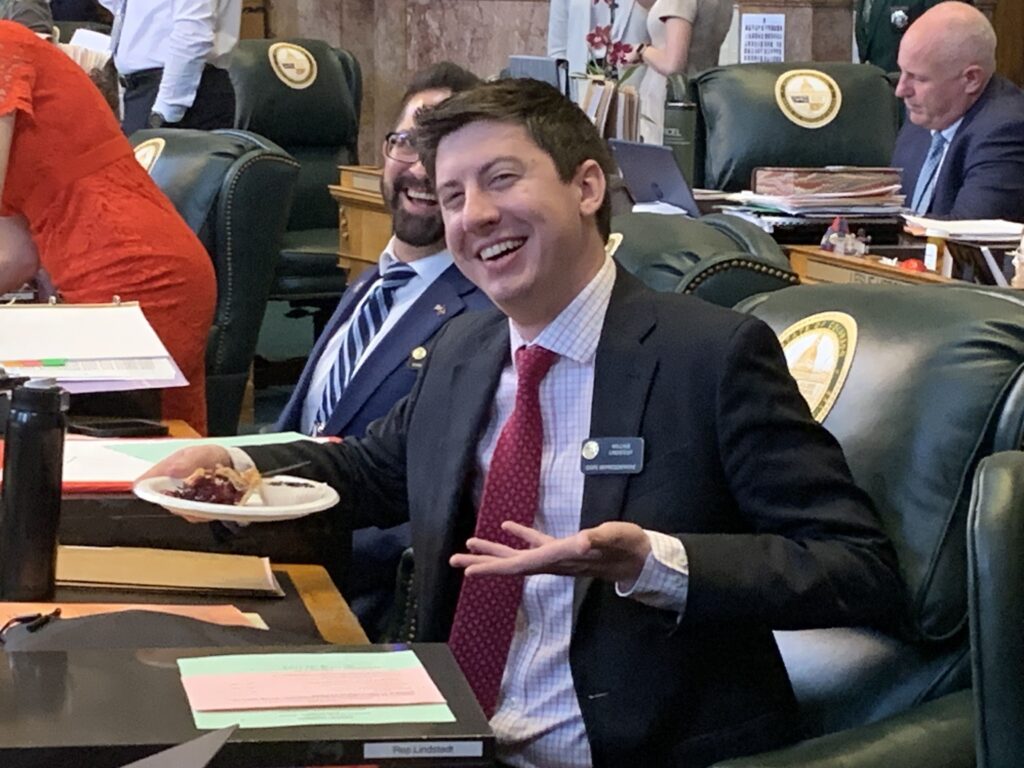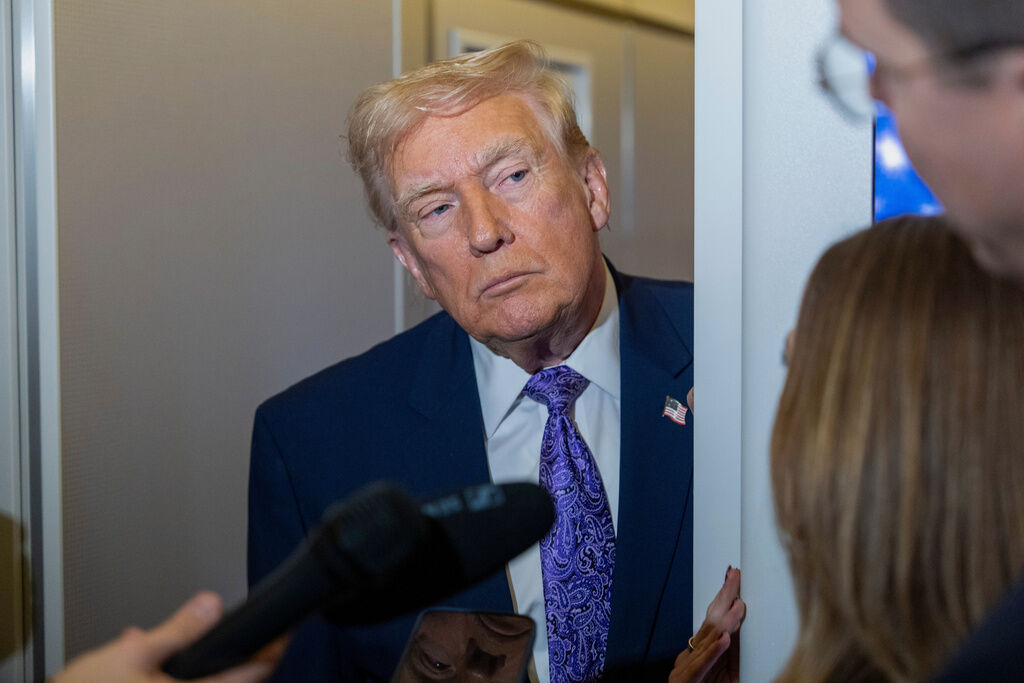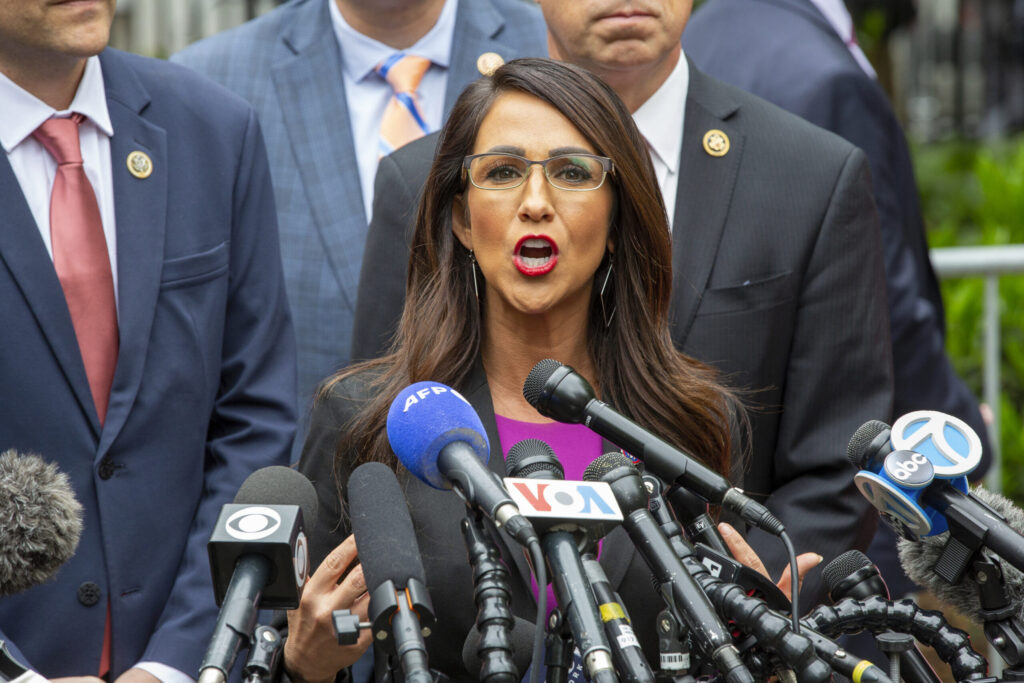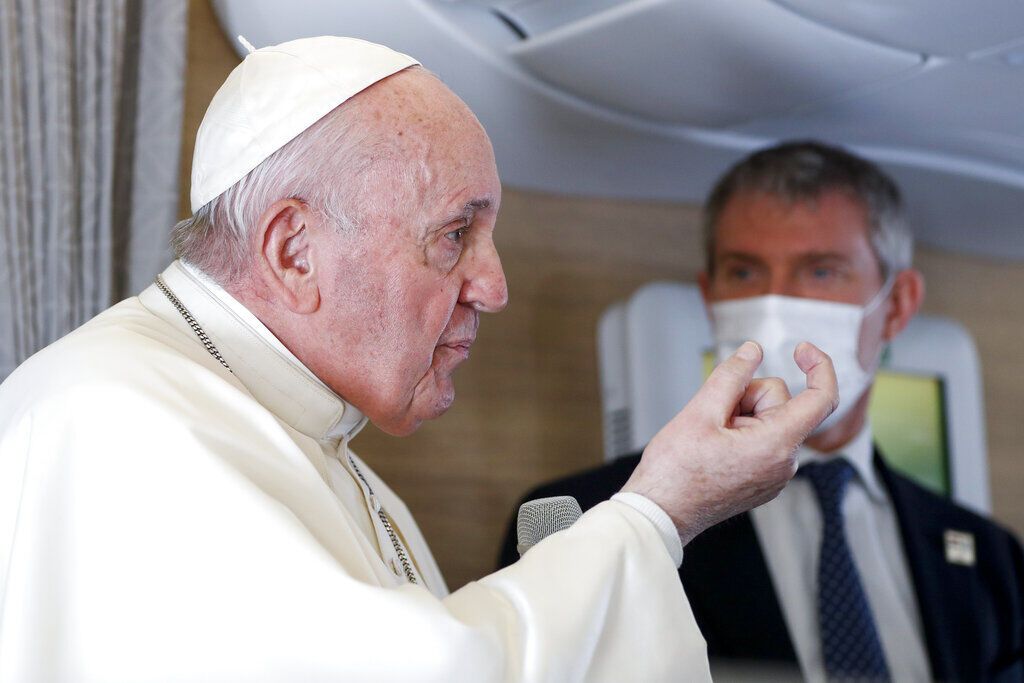Denver lobbyists are reporting few expenses
Monthly lobbyist financial reports required by the City and County of Denver, designed to help the public know who is lobbying City Council members on what issues, are commonly submitted with no reported expenditures, a review of the documents by the The Colorado Statesman has found.
While no wrongdoing or rules violations are thought to have occurred, the city ordinance that regulates lobbyists by requiring registration and the reports does not identify specific oversight. Like many other areas of municipal and state regulations, it is basically a self-reporting arrangement that is only investigated upon complaint, according to Assistant City Attorney David Broadwell.
“In my 18 years with the city, I don’t recall a single complaint against a lobbyist,” he said. “It’s kind of a sleeping dog and doesn’t really get much attention by anyone.”
Denver’s Clerk and Recorder’s Office is the custodian for the lobbyist reports, but that’s as far as their responsibility goes, said Deputy City Clerk and Records Manager Rozi Horn.
“It’s basically we want to know who talked to which council member about what and who they represent,” Horn said. “There’s a $50 threshold (amounts below that amount do not have to be reported on the form) and they either do their lobbying over a cup of coffee or they may not even have a lot of activity” for the previous month.
The lobbyist ordinance specifies that if any monthly financial report includes more than $50 spent while lobbying a council member, or that a lobbyist donated any meals or tickets to events that charged for admission, the city clerk shall notify the identified Council member in writing within 21 days.
The ordinance also calls for the city clerk to notify a council member if a lobbyist reports any business or employment relationship involving that official within 21 days. Following receipt of either notification, the council member may, within 15 days, file a written statement with reasons why his or her name should not be included in the report.
Horn said the only time questions arise is when a civic or activist group, a journalist or citizen brings something up after viewing the reports.
The lobbyist reports are required to be filed by the 15th of each month, and of the city’s 26 registered lobbyists or lobbying firms, a dozen reported neither income nor expenses related to City Council or city business in their October reports. In previous months, lobbyists reported income related to issues such as marijuana regulation, Denver International Airport concessions and the Great Hall project, transportation, affordable housing, garden court moratorium, short-term rentals, business development and law enforcement, among others.
Broadwell called Denver’s lobbyist monitoring and reporting process “kind of an odd duck” compared to the state of Colorado. There, lobbyists – who have nearly daily contact with state lawmakers during the January through May session of the General Assembly – are subject to stricter reporting rules.
Broadwell added he wasn’t sure very many cities even have lobbying ordinances.
“I think they grew out of the early 1990s ‘good government’ laws,” he said. “That was when (Wellington) Webb was elected mayor and this may have been part of that effort.”
The city’s lobbyist ordinance was amended in 2005, Broadwell said, “But the substance hasn’t really been touched for about 11 years.”
This October, some proposed revisions were presented to a City Council committee by Clerk and Recorder Debra Johnson.
Lobbyist Elena Nunez with Colorado Common Cause said she reports expenditures when she has any that meet city requirements. Colorado Common Cause, along with Colorado Ethics Watch – another registered lobbying group – worked with Johnson on the proposed changes to the lobbyist ordinance.
“We just wanted to make some things a little clearer,” Nunez said.
The proposed changes would allow the reports to be filed online and viewable online instead of only in the clerk’s office, change some filing dates and simplify disclosure form language, among other changes.
However, stricter review, enforcement, oversight or penalties were not included in the recommendations. Johnson was asked to make some further changes and present them to the committee after the general election.



